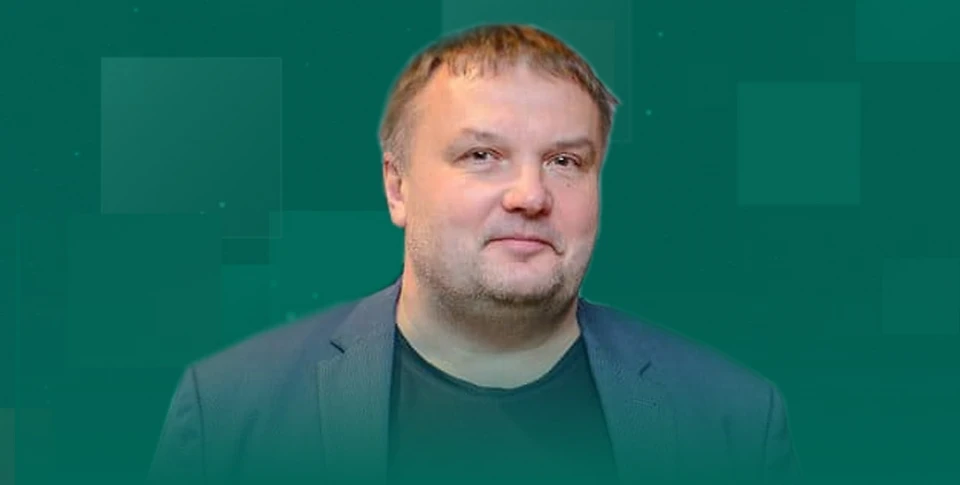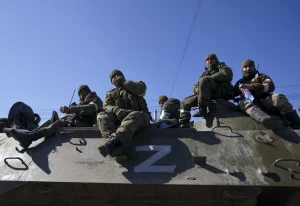
Trump, "war" on transgender rights, and why Zelenskyy was not invited to inauguration
Trump did not extend an invitation to either Putin or Zelenskyy, likely to keep his options open before the talks
1. So, why wasn’t Zelenskyy invited to the inauguration? The answer is quite simple: Trump didn’t invite either Putin or Zelenskyy deliberately, to keep his hands free ahead of negotiations. As for the negotiations themselves, the U.S. currently has only one plan — the Kellogg plan — and will follow its course.
Trump will insist on halting hostilities along the contact line in exchange for excluding the occupied territories from the discussion. Russia will demand that Ukraine sign a document legitimizing the annexation.
All other requirements seem secondary and unimportant for now. But new aspects will emerge at each new stage.
2. Trump’s decree affirming that there are only two genders and denying privileges for transgender individuals is, on one hand, an attempt to return to what could crudely be called the era of masculinity. However, this return, at least for now, does not imply annihilation or significant restrictions for queer people or other legal minorities. For the past 30–40 years, we’ve lived in a so-called pluralistic era, where the core value was not only tolerance but also a mandatory apology to minorities for past wrongdoings and even for any supposed inclinations to act against them.
Returning to the era of pluralism, one of its most significant features for many (and in some societies, for the majority) was the obligation to apologize for things you personally hadn’t done. This is, of course, a simplification, skipping many nuances. However, Trump’s return, for many, symbolizes a shift back to an era without these excessive apologies. How this will manifest in practice is unclear to anyone, including Hollywood, which serves as the main litmus test for ideological shifts in the U.S.
3. The first 6–9 months will be crucial, serving as a golden period for Trump.
We can cautiously say that the U.S. state system will likely focus its main efforts on targeting one significant "marginalized" group — illegal migrants.
Notably, Trump is likely to gain support from legal migrants, even first-generation ones, as they formed a significant part of his voter base. This stems from a process where new U.S. citizens or legal migrants, particularly from Mexico and South America, strongly opposed the influx of cheap labor from their countries of origin, as it threatened their jobs by undercutting wages. For now, other minority groups remain outside the immediate focus (or direct pressure) of the White House.
4. Trump's statement about two genders primarily caters to his core electorate, which is distinctly anti-queer. However, at least for now, Trump appears unwilling to push the government toward drastic measures against queer communities. That said, many unwritten rules, such as favoring minority candidates in equal-opportunity situations, are likely to be revised. This will undoubtedly lead to numerous controversies, but it is important to note that this represents a minimization of what was previously called pluralism, not its eradication.
5. I write so extensively about this primarily because this shift could be just as significant as economic changes. It might mark not only the correction of the pluralism era but also the beginning of a new ideological phase, replacing postmodernism with its notions of multiple truths and the absence of absolute truth.
Postmodernism has indeed outlived its relevance as an intellectual phenomenon.
Trump, of course, won't offer a philosophical replacement for postmodernism. However, his rise to power in a country that is a key driver of the global economy and humanitarian thought could influence the beginning of a new stage in humanity's development.
One important point to note in this context is that the Russians have already started promoting the idea that Trump is following Putin's lead on "traditional values." This is absolute nonsense, not only in light of what has been said above. As strange as it may seem, Trump's speech was directed toward the future, not the preservation of the past. And this is a fundamental difference between Putin and Trump.
About the author: Vadym Denysenko, political scientist.
The editorial board does not always share the opinions expressed by the blog authors.
- News











































